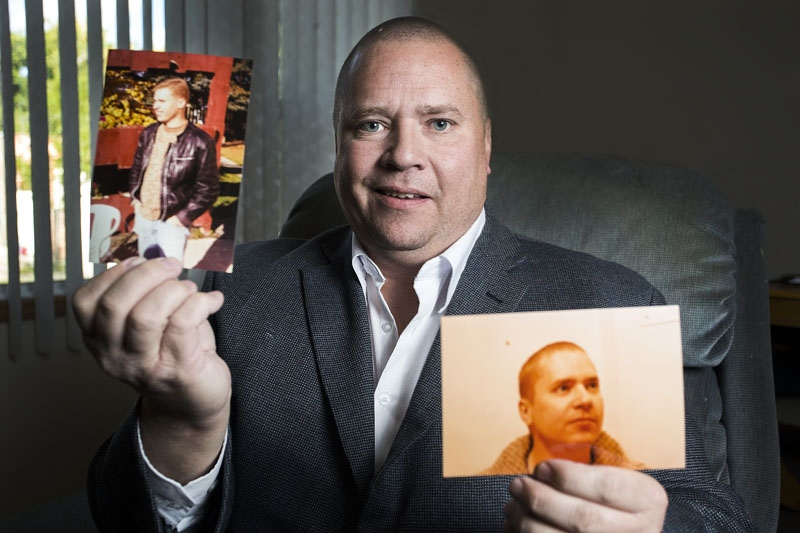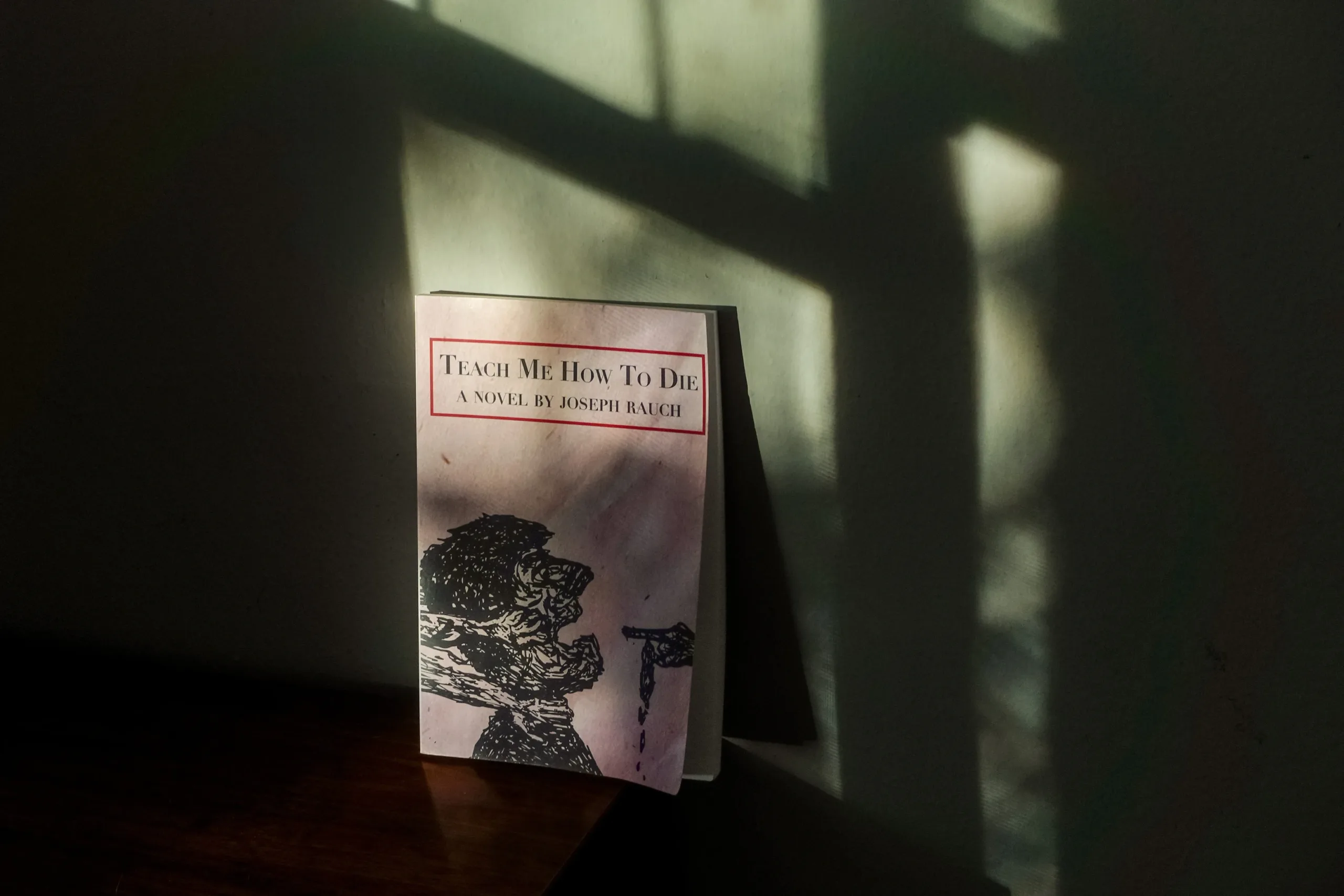What makes an author an author and a writer a writer? It’s a fair question, isn’t it? Many people consider themselves authors today. Others don’t, but maybe they should. I’ve always felt torn between the two terms, wondering which one most clearly explains who I am and what I do.
When starting the pre-sale campaign for my debut book, my author coach insisted I refer to myself as an author in conversation and on social platforms. The thought alone was terrifying, but he assured me it would help boost my confidence and, in time, feel more established in my new role. I was, after all, an author according to some definitions.
Distinguishing An Author From a Writer and Sorting Through Questions
If you do a basic Google search on the difference between an author and writer, you’ll find both terms are used to represent those who write professionally. Authors, according to highly ranked online sources, tend to publish and sell their work while having more experience in the areas of research and storytelling. I’m not sure how much I agree with this notion, so I decided to ask Joseph Rauch, the founder of this publication, who is also a full-time writer and author of “The Last of the Mentally Ill.”
Rauch pointed out how more often than not, it’s the word, “writer,” that appears in job titles, not the word, “author.” There are Copywriters, Content Writers, Ghostwriters, Technical Writers, UX Writers, Screenwriters, Staff Writers — several of which I’m sure have sold their work and done their own type of research and storytelling at times.
“The definition of being an author is highly subjective,” Rauch said. He mentioned how some might consider anyone who has ever written anything an author, while others might fall under the popular belief that authors are only those who have written or published a book.
Then there are places like Archangel Ink, which suggests writers are service-oriented, and authors are more self-oriented. Writers consider the opinions of others to bring about desired outcomes. Authors, however, will usually not write something they do not want to write. They aren’t as concerned with market trends and have a “creative stubbornness.” This disposition motivates them to write the stories in their mind, even if it means no one buys or reads their book.
The questions I have are:
- What if you only ever publish one book? Are you still an author?
- And what if you self-publish? Still an author?
Rauch reminded me of the more elite mindsets that would say no to both of these questions. He also gave insight into one of the strictest definitions, which states writers must be able to support themselves entirely from rights paychecks and/or book royalties to call themselves an author.
I’ll be honest and say all these subjective definitions did was make me more confused about the author vs. writer conundrum.
My Thoughts and Opinions
I followed my coach’s guidance for a while. When people would ask me what I did for a living, I’d tell them I was an author first… among many other things. My biography on Instagram, Facebook, LinkedIn and Medium all reflected this stance, too.
But it’s been three years since I’ve published another book, and calling myself an author just doesn’t sit well with me anymore. In some ways, I find it cringy.
I am working on publishing my second book now, so I have faith my first book will not be my only one. Yet, again, what if it was? And what if, just like before, I lose hope of trying to publish in the traditional way and instead, choose a hybrid publisher or the route of self-publishing?
Then there is the well-known and monstrous imposter syndrome, which has a way of minimizing our accomplishments. In a time where almost anyone can publish a book and call themselves an author, imposter syndrome and elitists make it easy to question if you’re deserving of the title. Platforms like Kindle Direct Publishing through Amazon have lessened the gatekeeping — yay — but there’s now an over-saturated pool of people adopting the title. Should I be one of them?
Of course, there is the strategy of faking it until you make it, which I wholeheartedly believe in. On the other hand, there are many accomplished and best-selling authors who I admire and look up to. I want to be like them, but I am not them. I’m a 27-year-old with one published book that has 30 Amazon reviews. So, when the insidious imposter syndrome does creep its head in, I have a hard time believing both me and Yung Pueblo belong in the category.
I should also note the fact that I write more than just books. I’m a freelancer with many writing interests that are sometimes more service-oriented. So, maybe it’s more fitting to call myself a writer. Sometimes imposter syndrome shows us where we don’t belong, so we can better understand where we do belong.
In some ways, I think I prefer the title of a writer because it makes me feel less limited and constricted in my work. Though, sometimes I wonder will I be taken as seriously just because I like it? Because I also called myself a writer in middle school when all I did was write in my journal; mainly about the boys I had a crush on, and the things my parents did that made me upset.
Where I’m Landing… For Now
The conclusion I’ve drawn from all my questioning is that both writers and authors can lead successful careers, but their agendas may vary. It all comes down to intention. Although there are formal definitions and interpretations deciphering an author from a writer, most still have their own ideas about what each term means. So, in some ways, it doesn’t matter how you address yourself; people will think and assume what they want to think and assume.
What matters most is how you experience both terms. When looking in the mirror, does it feel more authentic for you to say, I’m a writer, or I’m an author? And does one feel more comfortable because of limiting beliefs you’re carrying, or is there another reason pulling you that direction? Both are valid, but it’s important to understand the intention behind your words. It might even be important for you to try on both titles and see which one feels best in time.
Last, I’d like to remind myself and anyone reading this that the labels we give ourselves are not who we are. Our profession is what we do, but it’s not all we do. Apart from being a writer or author, we are many other things. I, for instance, am a dog mom, a yogi, and a lover of small details, gardening and good coffee.
There are several parts and pieces that make up my identity, all of which do not determine my worth. You and I both are more than what we do, and although words are valuable, they are not everything. Away from the keyboard and notebook is much more life awaiting us, begging to be explored.
So, “Hi. It’s nice to meet you. My name is Carly, and I’m a writer… among many other things.”
Get the latest of The Rauch Review in your inbox, discover books you won’t see in stores, stay up to date on the “Rauching to Judgment” podcast and more.






